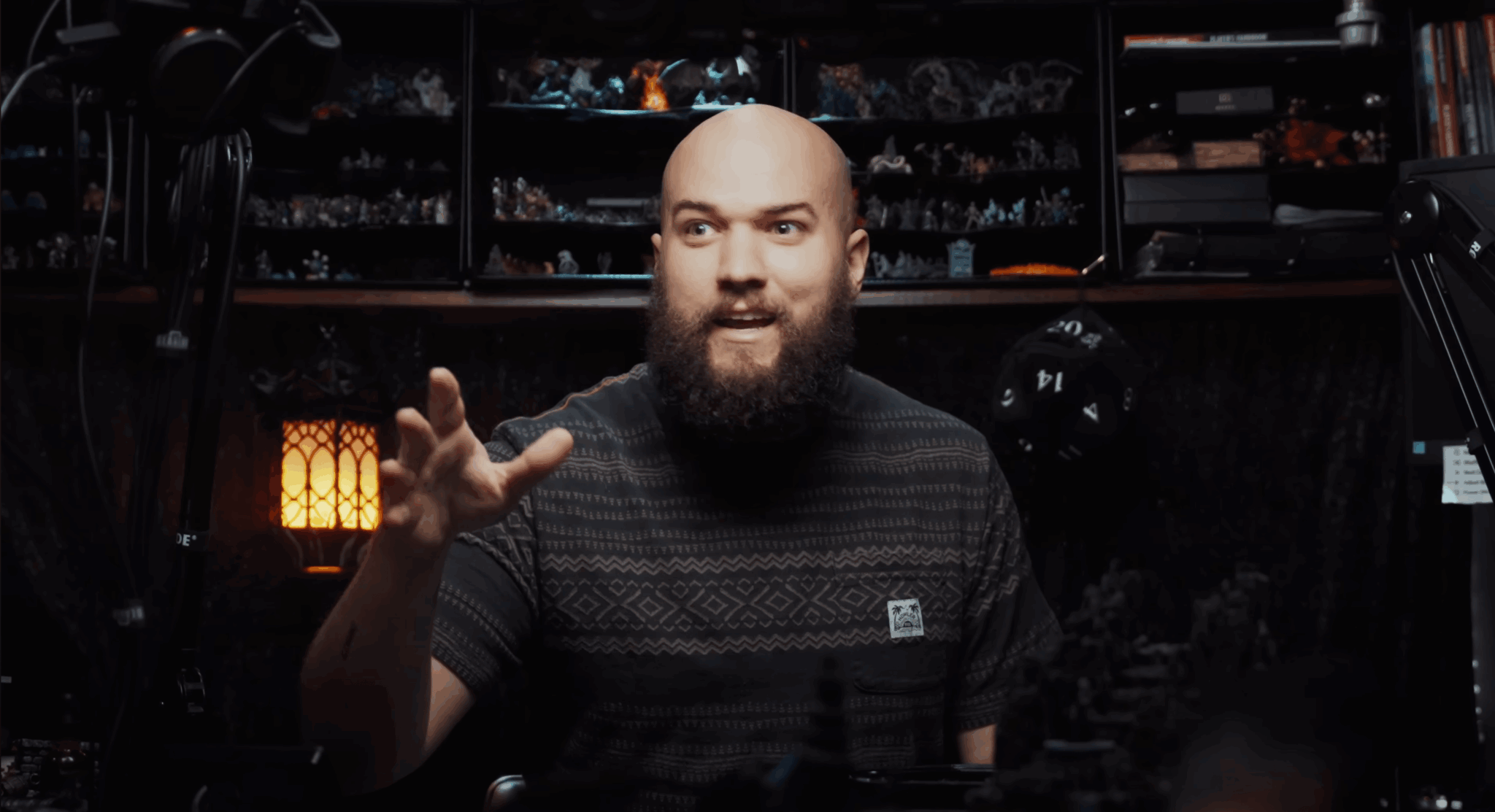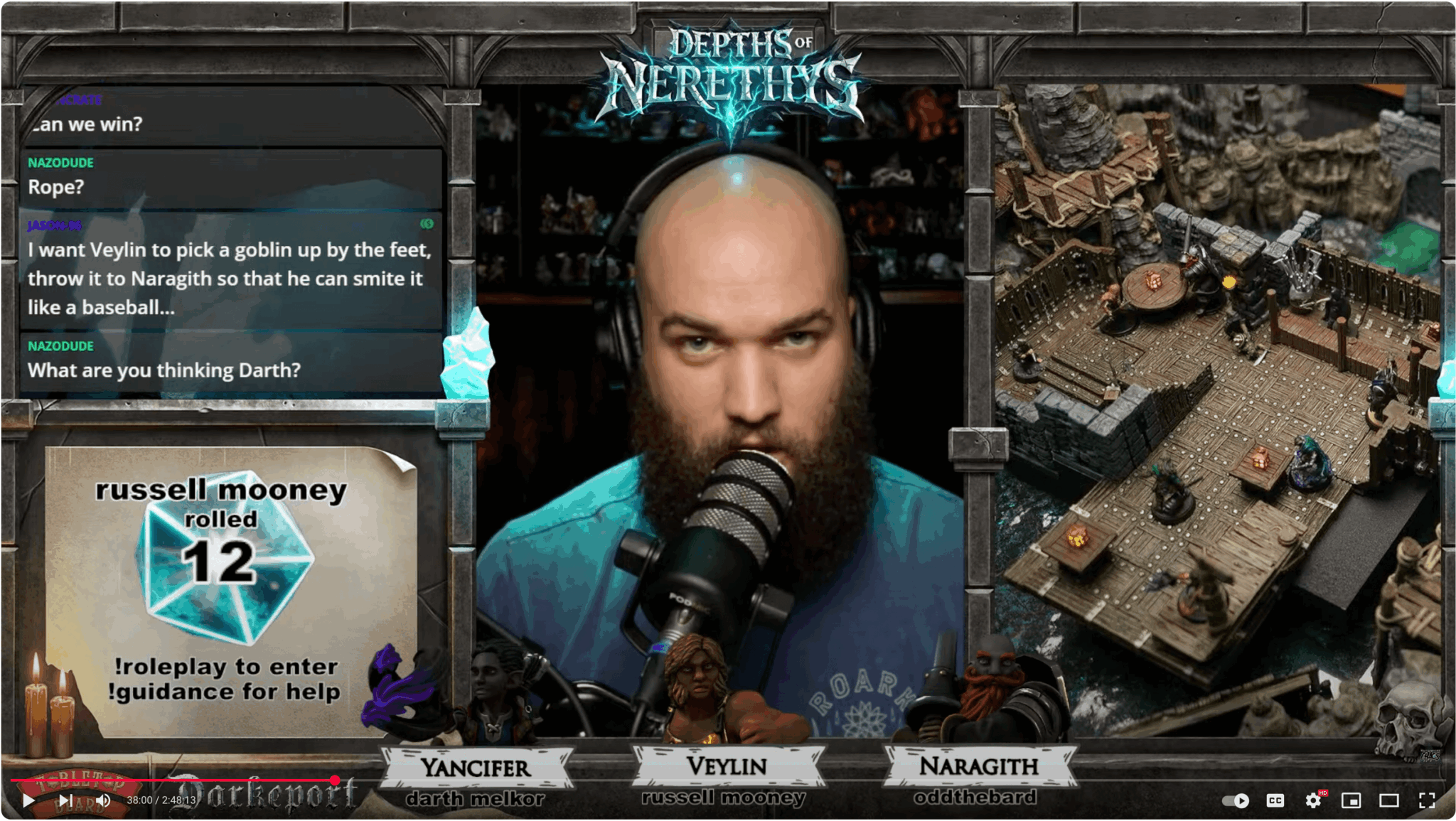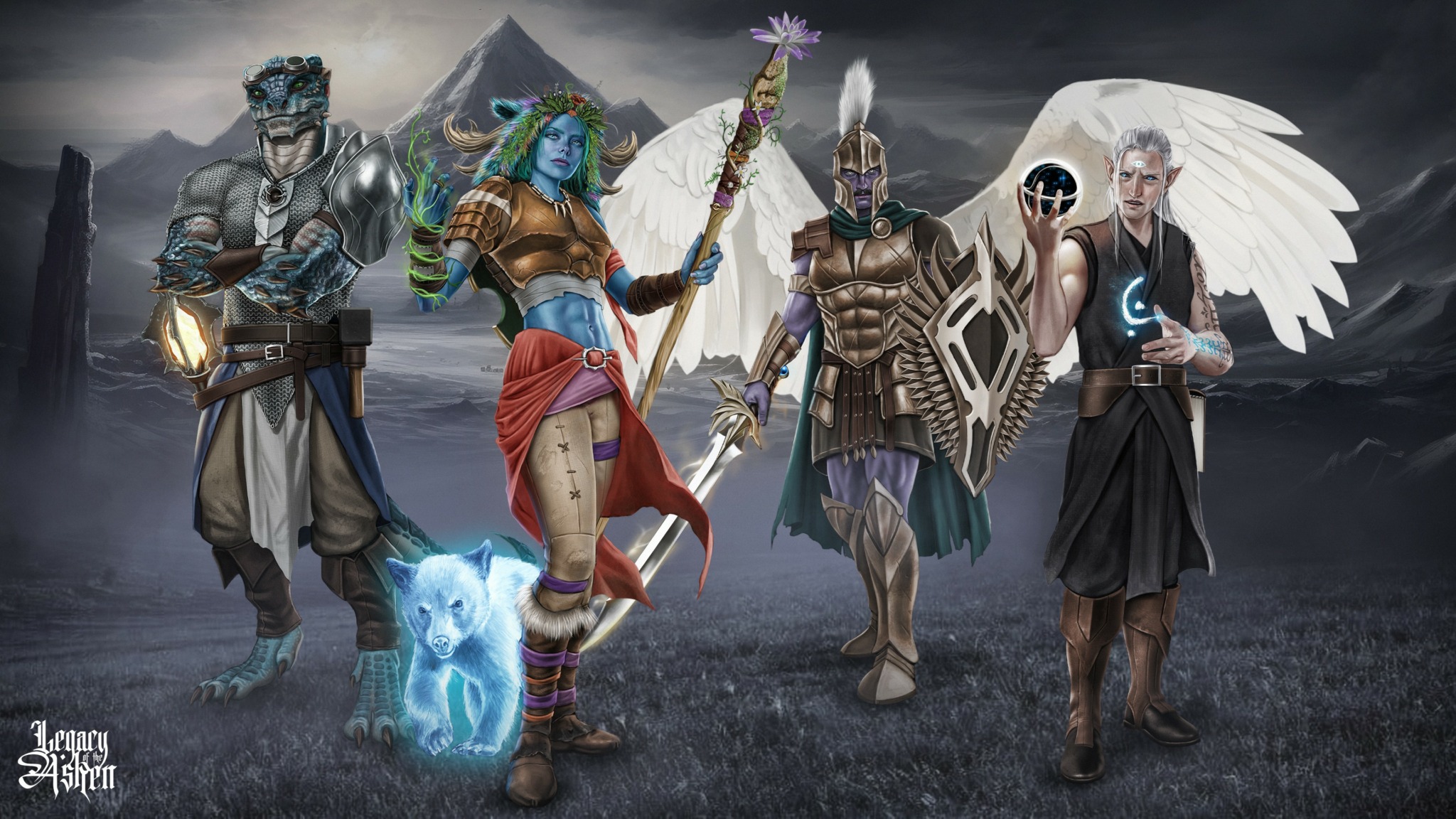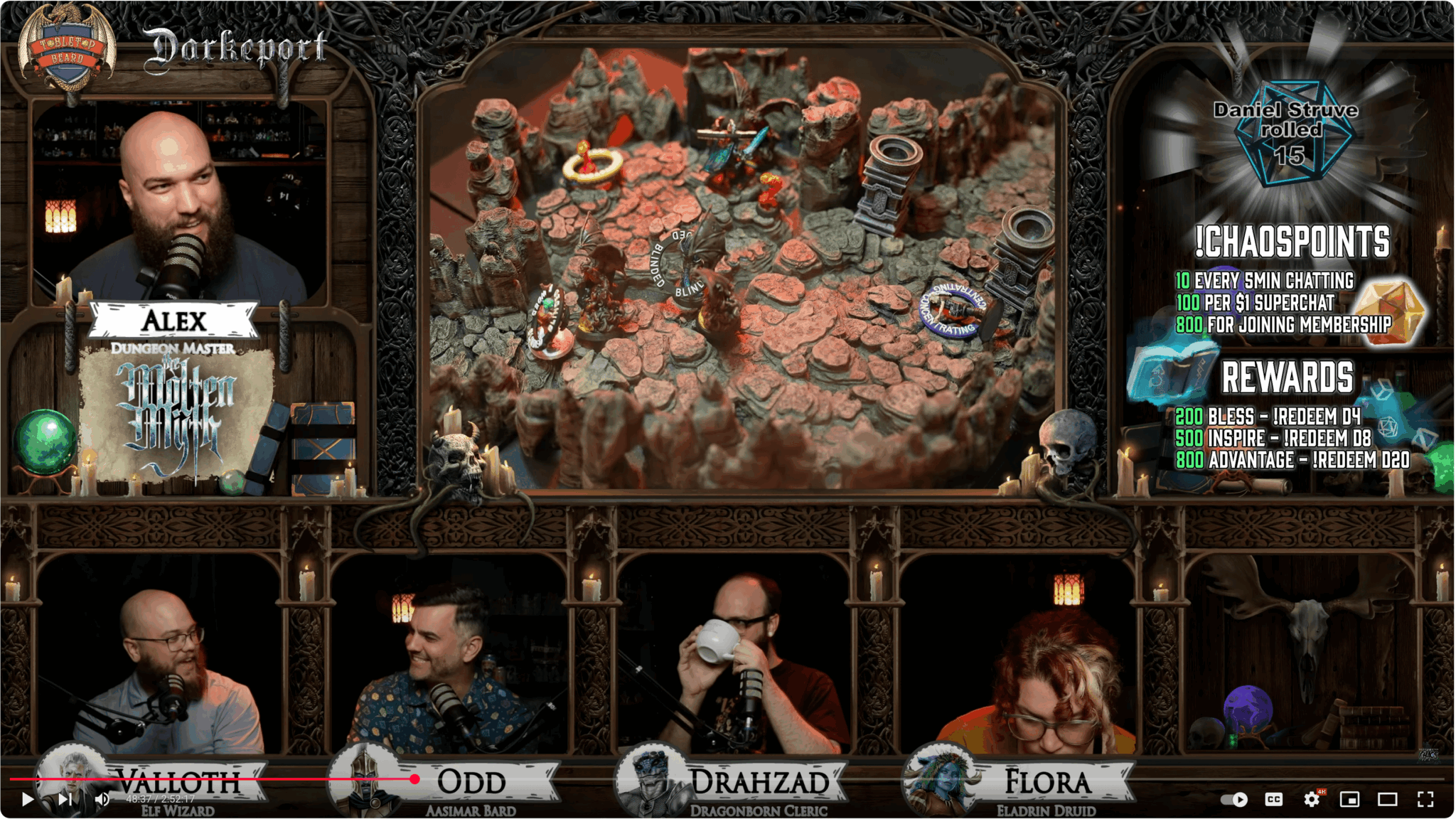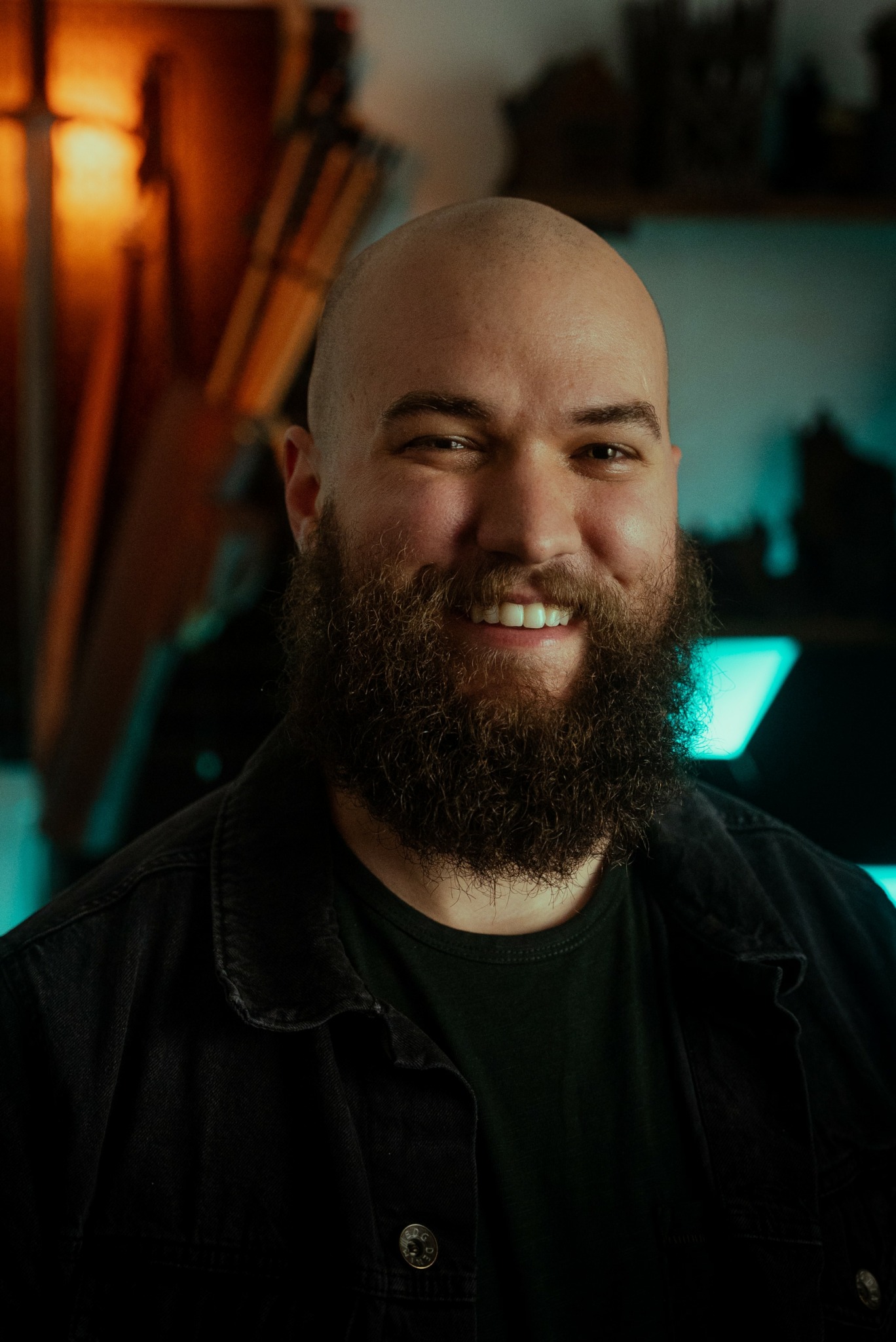Alright – so today we’ve got the honor of introducing you to Alexander Breaux. We think you’ll enjoy our conversation, we’ve shared it below.
Alexander, looking forward to hearing all of your stories today. Have you been able to earn a full-time living from your creative work? If so, can you walk us through your journey and how you made it happen? Was it like that from day one? If not, what were some of the major steps and milestones and do you think you could have sped up the process somehow knowing what you know now?
I’ve always felt the pull towards creative endeavors. At 10 years old, when other kids wanted to grow up to be a firefighter or an astronaut, I wanted to write books. When I was a teenager, I decided I’d be a musician and taught myself how to play several instruments. In college, I picked up photography and videography as a fun hobby that helped pay the bills.
But, somewhere along the way, the spark of wonder that I felt as a child had been snuffed out. Slowly and steadily, my goals became less about enjoying the process of creating art and more about earning a living. There’s no single part of life that I can blame for this. Our societal structure, the pressure to achieve conventional success, American consumerism–the list goes on and on. However, I can tell you now that the value of art is not found in a price tag or a paycheck. Further, our own value as artists and people should not be tied to concepts like “net worth” and “six figure incomes”.
Shortly after graduating college by the skin of my teeth, I stumbled my way into working as a full-time cinematographer. It wasn’t easy, it didn’t happen overnight, and it wasn’t at all what I thought I’d be doing with my life. That said, it was an amazing opportunity that I couldn’t let pass. My work paid well enough and I was comfortable but I started to notice a concerning trend.
While my new job was what most would consider to be “creative”, it didn’t feel as fulfilling as I expected. As a matter of fact, it felt a lot like most other menial labor traditionally conducted from 9 to 5. But I kept going, determined that I’d feel better about it once I had a little more money, a slightly cooler car, or a nicer house. I was lying to myself–lying to the 10-year-old boy that just wanted to write books and tell stories. Whether I knew it or not, I didn’t have the strength to make the hard decision to walk away and live with less. Luckily, a pandemic came along to make that decision for me.
By 2021, all of my work had vanished and I was forced to find something else to fill my time. I felt as though everything I’d worked for had amounted to nothing and I truly thought that I’d never find that success again. So, I decided that, if I couldn’t have that conventional success, I’d pour my efforts into something I truly loved—writing.
I’d been playing Dungeons and Dragons with some close friends for a few years and I was starting to rekindle that storytelling spark. Day and night I was dreaming of imaginary worlds, characters, and adventures for us to experience together. It wasn’t long before that spark was fanned into a flame. I started to remember the joy of creating without limits, without the arbitrary fenceposts laid out by executives and budgets, and without the monetary incentive.
Inspired by this I found myself calling upon nearly every skill I’d amassed over the years to construct my vision. My cinematography background helped me to capture and share these stories on YouTube. My degree in computer science allowed me to implement features for our live stream audience to interact with our world. My time as a musician rounded out our production with high quality audio processing. And, eventually, the money followed.
It isn’t what I was making before. In fact, it just barely keeps the lights on. But, I don’t care because I love what I do. If anything, I wish that I’d been courageous enough to take the leap sooner, to bet on myself. I took a shortcut chasing the expectations of society but it’s never too late to change course. So, ironically, my advice to creatives looking for full-time income, would be to forget about the dollar signs. Trust that inner 10-year-old and do what you want to do.
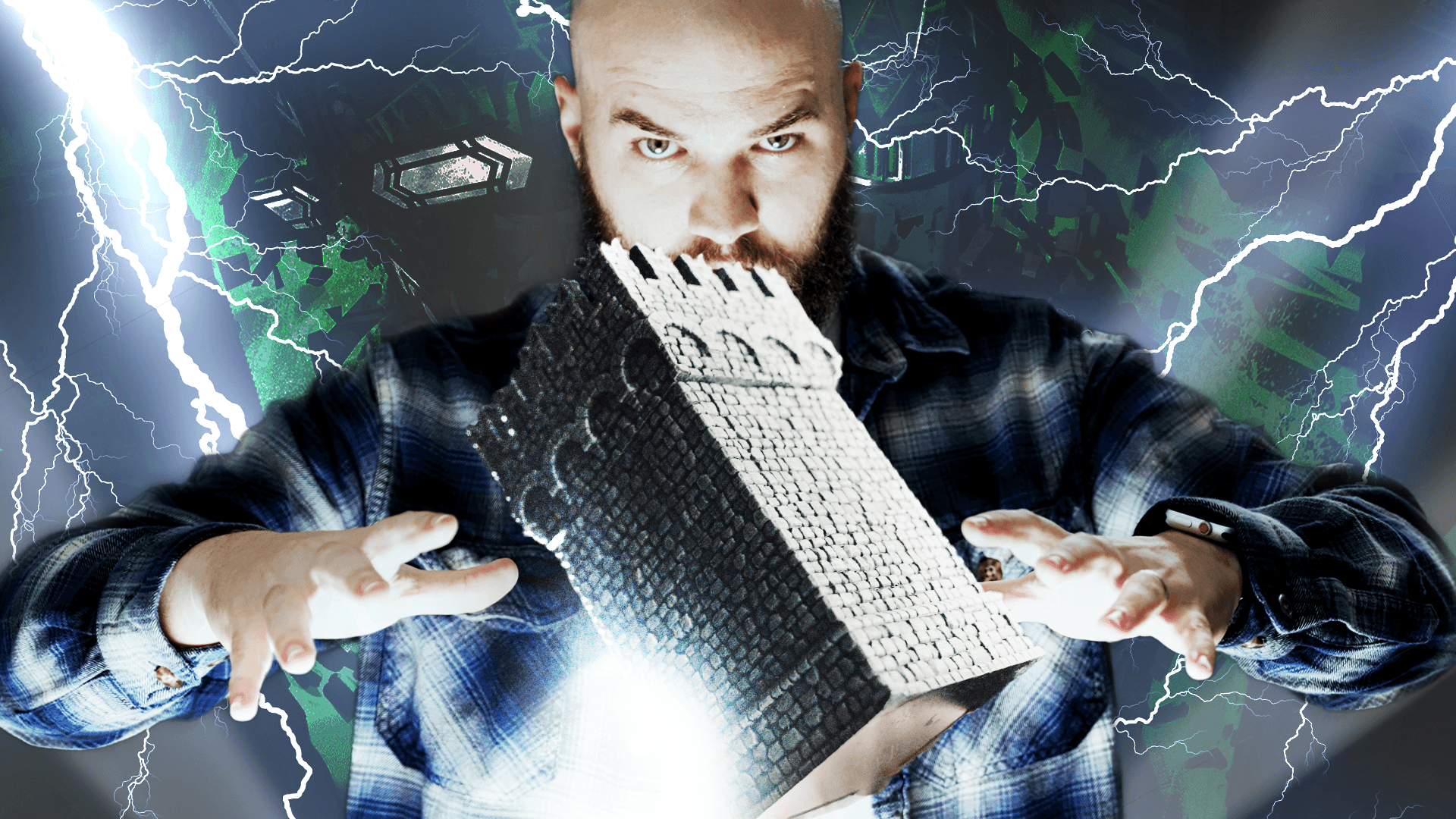
Great, appreciate you sharing that with us. Before we ask you to share more of your insights, can you take a moment to introduce yourself and how you got to where you are today to our readers.
I run the Dungeons and Dragons YouTube channel, Constructed Chaos. My channel focuses on telling immersive stories that live audiences can actively participate in and be a part of. There are plenty of other channels that stream their D&D sessions but none are as interactive as ours. We focus on involving our community in our adventures as much as possible so that we can all play and create together.
Our most recent creation, a series called Chat Plays D&D, literally puts our audience in the driver’s seat as I guide them through a session. Random chatters are given the ability to make decisions for the characters in the story while using text-to-speech technology to roleplay in a truly community-based storytelling format.

What do you think is the goal or mission that drives your creative journey?
Creating is its own reward. I’ve learned not to rely on motivators like financial success and recognition. If I won the lottery tomorrow, I’d still be doing this. So, I just skipped a step!
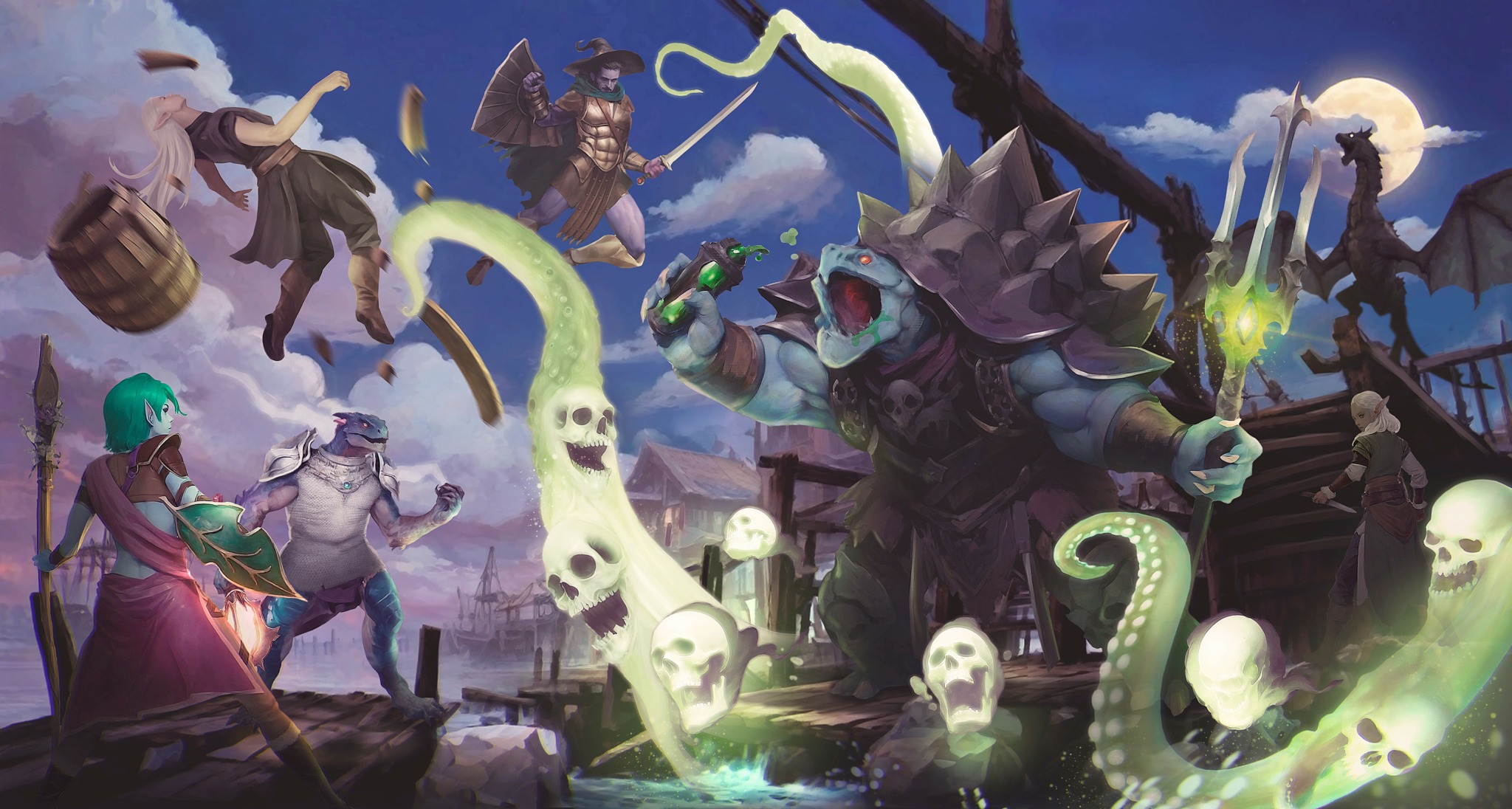
How can we best help foster a strong, supportive environment for artists and creatives?
Society as a whole places a lower value on creative endeavors than it does traditional labor. Art programs in schools are disappearing at an alarming rate and the childish wonder of our youth is being driven out by soulless curriculums. Outside of what would be seen as a radical shift away from capitalism, the best thing we could do would be to invest more heavily in our education system so that young creatives don’t just become another round peg forced into a square hole.
Contact Info:
- Instagram: https://www.instagram.com/constructedchaosdnd/
- Youtube: https://www.youtube.com/@ConstructedChaos
